ALIAS

ALIAS- Augmented Reality in Intensive Care Education for Nursing Students: Enhancing Hands-on Experience and Preparing for Real-life Situations
Cooperation partnerships in higher education
31.12.2023 - 30.12.2025 (24 months)
250.000,00 €
2023-1-EL01-KA220- HED-000161822
Greece, Italy, Ireland
ALIAS- Augmented reality intensive care
The healthcare sector requires innovative solutions to enhance training and improve patient outcomes, particularly in high-pressure environments like intensive care units. The ALIAS project addresses this by integrating augmented reality (AR) into nursing education, creating realistic simulations of intensive care scenarios. This approach allows nursing students to gain hands-on experience and develop critical skills in a risk-free setting, enhancing their preparedness for real-life challenges. By collaborating with European universities and leveraging cutting-edge technology, the ALIAS project aims to transform nursing education, aligning with broader EU health education policies to improve care quality and patient safety.
Objectives of the project
- To prepare nursing students for real-life situations: by equipping them with the skills and knowledge necessary to handle real-life scenarios in intensive care units, enhancing their preparedness and confidence.
- To improve nursing education quality: by utilizing augmented reality technology to raise the educational standards within nursing programs, providing a more engaging and effective learning experience.
- To promote the exchange of good practices: by fostering collaboration among European higher education institutions thus elevating the overall quality of training across the continent.
- To demonstrate AR technology potential: by showcasing the benefits and potential of augmented reality in educational settings, particularly in simulating complex medical scenarios, thereby encouraging wider adoption in healthcare training.
- To contribute to nursing workforce competence: by enhancing the competence and readiness of nursing graduates, thereby improving the quality of care they provide in healthcare settings.
Expected Results
- Enhanced Learning Experience: Nursing students will have access to augmented reality simulations that provide immersive and interactive learning experiences, making complex medical concepts easier to understand and retain.
- Improved Clinical Skills: Through repetitive practice in a controlled virtual environment, students can hone their clinical skills without the risk associated with real-life patient care, leading to better preparedness for actual clinical settings.
- Increased Student Engagement: The use of AR technology is expected to increase student engagement and motivation by providing a more dynamic and visually enriched learning environment.
- Collaborative Educational Framework: Establishment of a cooperative framework among participating European universities, allowing for the sharing of resources, expertise, and best practices in nursing education.
- Development of Innovative Teaching Methods: The project aims to develop and refine innovative AR-based teaching methods that can be incorporated into existing nursing curriculums, setting a new standard for educational practices in healthcare.
- Long-term Adoption of AR in Education: By demonstrating the effectiveness and benefits of AR in nursing education, the project seeks to encourage the long-term integration of this technology into healthcare training programs across Europe.
Project Activities
- Needs Assessment: Conducting thorough assessments to identify specific educational needs and gaps in current nursing training, particularly regarding intensive care.
- Software Development: Developing and refining augmented reality software tailored to the specific requirements of nursing education, ensuring it accurately simulates real-life intensive care scenarios.
- Training Sessions: Implementing training programs for both students and educators to effectively use the AR platform, ensuring they are equipped to maximize the educational benefits.
- Curriculum Development: Integrating AR simulations into existing nursing curriculums to enhance the educational content and teaching methodologies.
- Pilot Testing: Testing the AR simulations with a select group of students and educators to evaluate usability, effectiveness, and overall impact on learning outcomes.
- Refinement: Based on feedback from pilot testing, refining the AR content and delivery methods to ensure they meet the educational needs and enhance learning experiences.
- Implementation: Fully implementing the AR simulations into the intensive care education curriculum, making it a standard component of the nursing training program.
- Evaluation: Continuously evaluating the impact of the AR simulations on student learning and competency in intensive care scenarios, adjusting the approach as necessary to optimize results.


